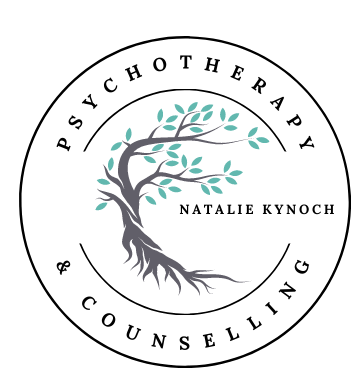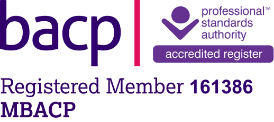Anxiety
Anxiety is the bodies natural response to survival, keeping us alert and aware of things that may threaten our sense of safety. Ordinarily once the perceived danger has passed our nervous system regulates and returns back to a state of calm and balance. Individuals with anxiety experience their fight, flight and freeze response continually activated. You may notice internal responses such as an increased heart rate, dizziness, feeling panic as though you can’t breathe, upset stomach, shaky legs and hands. Perhaps your decision-making processes feels impaired, a general sense of feeling unsettled but unable to pin point why, worry about the future, unable to find a solution to your problems.
Anxiety can affect many areas of your life from work, relationships, parenting it simply starts to hold you back leaving you fearful of trying new things and moving forward in a positive manor. Individuals of all ages can experience anxiety at some point in their lives. Anxiety is the general term used, as generally our nervous system produces similar bodily and somatic sensations. The route to a person’s anxiety however, is unique to them. Social anxiety may leave some one feeling anxious in crowds, meeting new people, fearful of judgement and making the wrong impression, worried about what they will say or saying the wrong things, or a sense of they are not safe or a perceived fear they are in danger. Health anxiety can make you worry something is seriously wrong with you, involve frequent visits to your GP to get minor illnesses checked out or even a fear of dying. A simple headache may make you worry, that something more serious may be wrong with you. For some individuals they don’t know the route cause or triggers of their anxiety, often termed generalized anxiety (GAD). Leaving you feeling constantly unsettled, thinking and decision processes may be impaired or a sense of uneasiness and uncertainty.
In children and young people, it tends to be feeling distressed when separating from their care giver, feeling anxious in social situations or when change is happening, exam worries and not doing well, or becoming so anxious even sitting exams can be problematic, friendships issues and body image can also have an anxiety component to them as well.
When I work with anxiety presentations it involves taking a thorough history of when your anxiety was first noticed or became problematic, exploring any known triggers, exploring any past events that may be linked to your current state in the here and now. What is happening in your life currently that may be contributing or keeping your anxiety active. What you would like your future desired state to be.
CBT is often recommended by the National Institute for Health and Care Excellence (NICE) as an evidenced based treatment for anxiety disorders. CBT is a structured therapy approach focusing specifically on managing and reducing anxiety symptoms. It can be helpful to look at different thought processes that have become unhelpful. The theory being, it is not always the situation or event that is causing the anxiety, but how we are thinking about that specific event or situation, which will then often induce fear and lead to avoidance. Often there are negative maintenance cycles that keep the anxiety running or repeatedly fuel the anxiety, avoidance of a feared situation is one. Psycho education around anxiety in my experience has been really helpful for clients. They realize their anxiety is a normal response and their nervous system is responding as it should do, but in an exaggerated way. Understanding not only the triggers, but what our anxiety is communicating to us with compassion and acceptance , greater awareness of our core self-beliefs such as I am not good enough, I am unworthy, I need to be perfect can help us better manage and understand our anxiety. CBT can help you to find better ways to cope and approach situations, it is a life long skill; my aim is to equip you with these skills so you can utilize what you learn beyond the therapy session and for the rest of your life.
Along with CBT I also use EMDR. For some people past events can lead to high anxiety in the hear and now, a similar current experience/trigger can activate anxiety from the past but in a very exaggerated way as if it is happening all over again now. Often there can be panic attacks, night mares, intrusive thoughts, low mood. Once the initial experiences are processed using EMDR the current anxiety symptoms become greatly reduced or go away. CBT and EMDR can also be used together.
A client may come with work place anxiety on closer exploration their stress drivers may be a core sense of always needing to achieve, be perfect, no matter what they accomplish they never feel good enough often referred to as imposter syndrome, feeling like a fraud. On closer exploration in child hood there was a lot of focus on achievement. Often recognition and praise were only given when they performed well. Hence, they develop a drive to constantly achieve fostering a perfectionistic mindset and overcompensation to be perfect. Often, they overlook their own needs and burnout can become apparent along with anxiety and depression.
Anxiety can also be quite specific such as a fear of dogs. The person may avoid going anywhere there could be a dog which starts to impact their lives. An earlier experience that resulted in this fear can be processed using EMDR. Along with using CBT and behavioral experiments.
When I work with anxiety all cases are different, I feel it is important to fully explore an individual’s anxiety and not to apply a broad-brush approach. That way the treatment is tailored to your individual needs and desired outcome and what therapeutic approach would work best for you.




